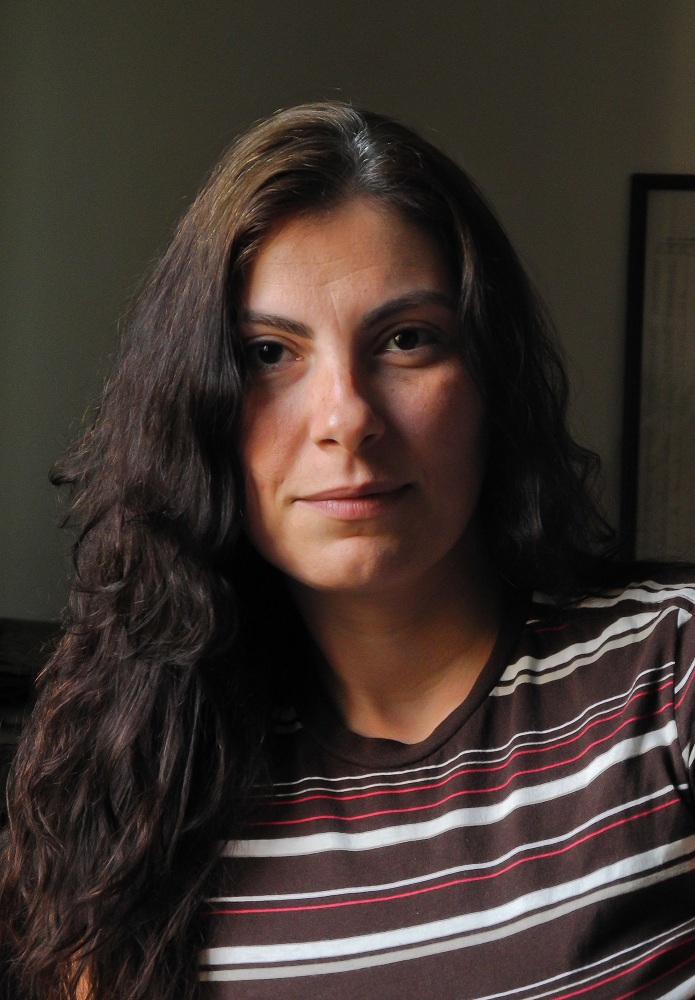The news that the trial of Tawfik Okasha, the controversial media figure and owner of Al Fara’een TV station, has been adjourned to 3 October tempts one to conjecture the initial reasons behind having a satellite channel as such. Particularly flourishing after the revolution, Okasha, who no one had ever heard about before, has suddenly came to many Egyptians’ attention as one of Mubarak’s most fawning defenders. Almost daily appearing in his own uniquely styled talk show, Okasha was nothing but a funny mouthpiece of counterrevolution voices. If one peruses some sample clips of Okasha’s show, it would be logical to ask questions like: what Al Fara’een is all about? Who is Okasha particularly representing? and what sort of media does his channel belong to?
Most of Okasha’s airtime was devoted to his extremely informal dialect redolent of that of Egyptian villagers. Striving to widely spread his anti-revolutionary opinions to his audience, the man appears for many as no more than a comic diversion, whereas for some his oily accent makes him even more nauseating than the already appalling political developments. Thinking about his recent statements that is legally described as “inciting the killing of the president,” one might inquire about the basic requirements for the granting of a TV license in Egypt. Proper professionals in the trade should work on setting certain criteria for the opening of a TV station so as not to repeat the experience of Al Fara’een. Granted the opportunity to regularly appear in TV should deliberately mean there are no rules for as to whom is qualified enough to practice communication and deliver messages.
The existence of Al Fara’een channel proves that the science of media is completely tarnished in Egypt. Does Al Fara’een exist to induce laughter rather than genuine political analysis? What sort of political insight can lead a figure, like Okasha, to appear in screens on a daily basis, addressing his audience and claiming he has supporters? A figure that says absolutely nothing on TV suddenly strives to show how politically active he is and appears supporting anti-Muslim Brotherhood protests on 24 and 25 August.
Amid suggestions and call for the establishment of the first Egyptian Supreme Council of Media, it is of utmost importance that prominent media professionals in Egypt would commence their efforts by filtering the already existing media tools in the scene. An assortment of certainly useless channels, which does not have the slightest bonds with the pure basics of media are counted as Egyptian media. Finally, if one tries to see if the Okasha experience has been once alive in any civilised country, Al Fara’een and its maestro prove it is genuinely one of a kind.


